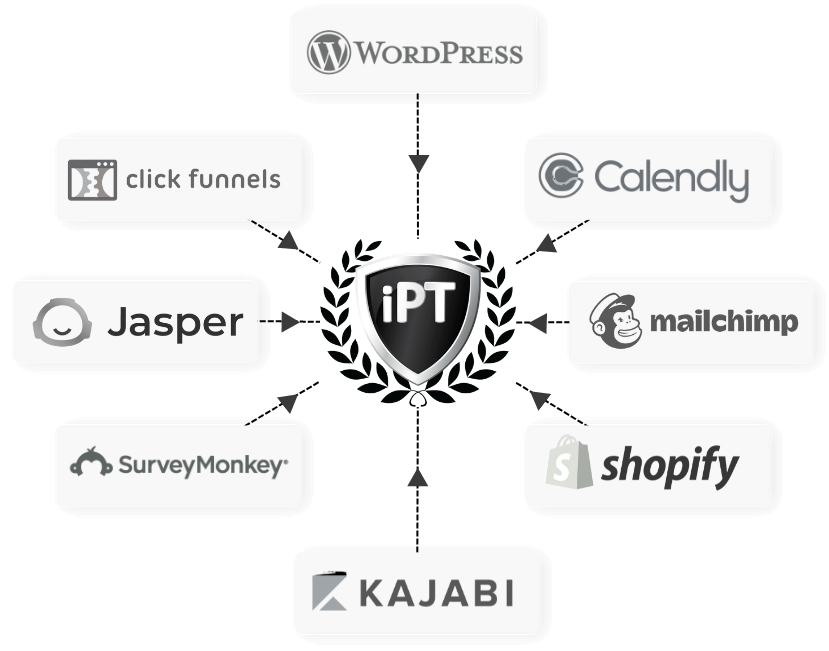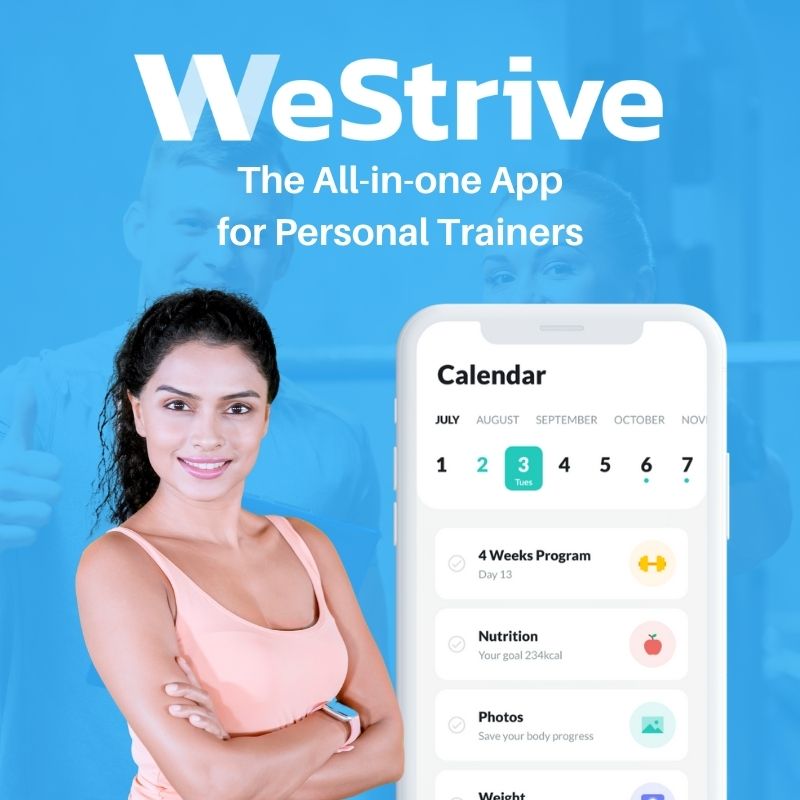Learn More About Renting Fitness Space
Finding and renting a business space for your gym or studio is probably going to be one of your biggest business decisions and one of your biggest outgoing expenses.
For most personal trainers, this is a terrifying a confusing ordeal. In this lesson we'll talk about the different types of lease, choosing a budget and negotiating your lease.
For most personal trainers, this is a terrifying a confusing ordeal. In this lesson we'll talk about the different types of lease, choosing a budget and negotiating your lease.
The Different Types of Leases
Different owners offer different types of leases for their rental space each lease type comes with it's own costs and responsibilities.
The eight types of retail leases:
The eight types of retail leases:
- Base Rent - This is the very least you'll have to pay each month. Other fees, if any, are added to this amount.
- Double Net Lease - "Double" means two additional costs will be added to your base rent: tax and insurance costs incurred by the landlord.
- Fully Serviced Lease - Also called a gross lease, your landlord will take responsibility for paying for most of the "extras," but make no mistake, they will most likely trickle down to you as a "load factor." You can think of "fully serviced" as "it includes everything," but your rent will most likely be substantially more than "base rent."
- Load Factor - This is a method of calculating total monthly rent costs combining usable square feet with a percentage of the square feet of common areas used by all tenants. Common areas typically include restrooms, lobby, elevators, stairwells, and hallways.
- Net Lease - This is a somewhat undefined version of a double or triple net lease. You'll pay for some taxes, insurance and maintenance costs incurred by the landlord, if not 100 percent of one or all of them.
- Percentage Lease - The word "percentage" does not relate to the usable square feet you can claim as your own in a commercial building nor the percentage of taxes, insurance, and maintenance you might pay as part of a net lease. It's a percentage of your monthly sales over a certain threshold. You might expect to pay this if you rent retail space in a shopping centre.
- Rentable Square Feet - This is your usable square feet plus your percentage of the common area square footage.
- Triple Net Lease - "Triple" means three additional costs over and above your base rent: taxes, insurance, and maintenance.
Determine a Budget
You probably have a rough idea of how much you can afford and this will narrow down your choices and prevent you from massively overspending.
The maximum percentage a business should allocate to their lease payment differs depending on the industry. However, the range is typically 3 % to 10 % of gross monthly sales. Ideally, you should spend no more than 10% of your monthly gross sales on your lease payment.
What this means is that if you make $500,000 in a year and your rent costs you $1,500 per month ($18,000 per year), your rent is 3.6% of your gross income.
The cost of your lease will also depend on a few factors like: Although this list will vary from city to city, here are some of the main factors that influence retail leasing costs:
The maximum percentage a business should allocate to their lease payment differs depending on the industry. However, the range is typically 3 % to 10 % of gross monthly sales. Ideally, you should spend no more than 10% of your monthly gross sales on your lease payment.
What this means is that if you make $500,000 in a year and your rent costs you $1,500 per month ($18,000 per year), your rent is 3.6% of your gross income.
The cost of your lease will also depend on a few factors like: Although this list will vary from city to city, here are some of the main factors that influence retail leasing costs:
- Location
- Demand
- Condition of the Space
- Length of Term
- Incentives with the Space Being Leased
- Competition for Space
Choosing Your Space
When you lease business space for your gym or studio, you'll need enough space to accommodate business growth but not so much that you're left with wasted space. Space needs will vary for each business, but here are some common areas for which you may need space:
Come up with a general calculation of how much space you need, within 250 or so square feet, and you will narrow down your property significantly.
Now that you have your budget and space requirements figured out, it is time to locate 4 to 5 quality options for renting retail space. Having multiple options gives you more leverage when you negotiate cost later.
The two most common ways to locate property are:
- Gym Floor
- Stockroom
- Offices
- Bathrooms
- Changing Rooms
Come up with a general calculation of how much space you need, within 250 or so square feet, and you will narrow down your property significantly.
Now that you have your budget and space requirements figured out, it is time to locate 4 to 5 quality options for renting retail space. Having multiple options gives you more leverage when you negotiate cost later.
The two most common ways to locate property are:
- Local Real Estate Agent - Nothing beats having someone with their ear to the ground on your side. That is why local agents are still the best option for locating property for your retail needs.
- Online Brokerage Sites - Several sites have free commercial real estate listings, such as Loopnet, Craigslist, and Catylist.
Evaluate Your Lease
Carry out an extensive review of what you can and can’t do with your rented space. Below are some items and clauses to watch out for before considering a space for your business:
- Exclusive Use Clause - This clause prevents your landlord from renting space out to one of your competitors in the same building or location.
- Renovation or Construction Restrictions - Most fitness business owners will need to make massive changes to the space. Make sure this is included in your agreement.
- Sublease Clause- A sublease enables you to rent space to other trainers and/or rent the space out to a third party should you wish to leave that space before the end of your contract.
Negotiating Your Lease
When it comes to negotiating your lease, there are a lot of factors to consider and certain details you can negotiate on:
- Base Rent - If you're sticking around for a long term and you can sign a long term contract, there's usually some wiggle room when it comes to pricing for long term tenants.
- Utilities - Utilities can get pretty expensive so anything you can save here is a bonus. Some property owners are happy to include standard rate utilities like water and sewage in the agreement.
- Emergency or Escape Clauses - You don’t know what’s going to happen to your business, so try to see if you can include a clause that will allow you to get out of the lease prematurely under unexpected circumstances, such as damages within the space vicinity, loss of sales and bankruptcy, environmental contamination, etc.
- Down Payment - Most commercial leases ask tenants to initially pay up to 3 months rent upfront. Try to negotiate this to one or two months to conserve cash flow.





